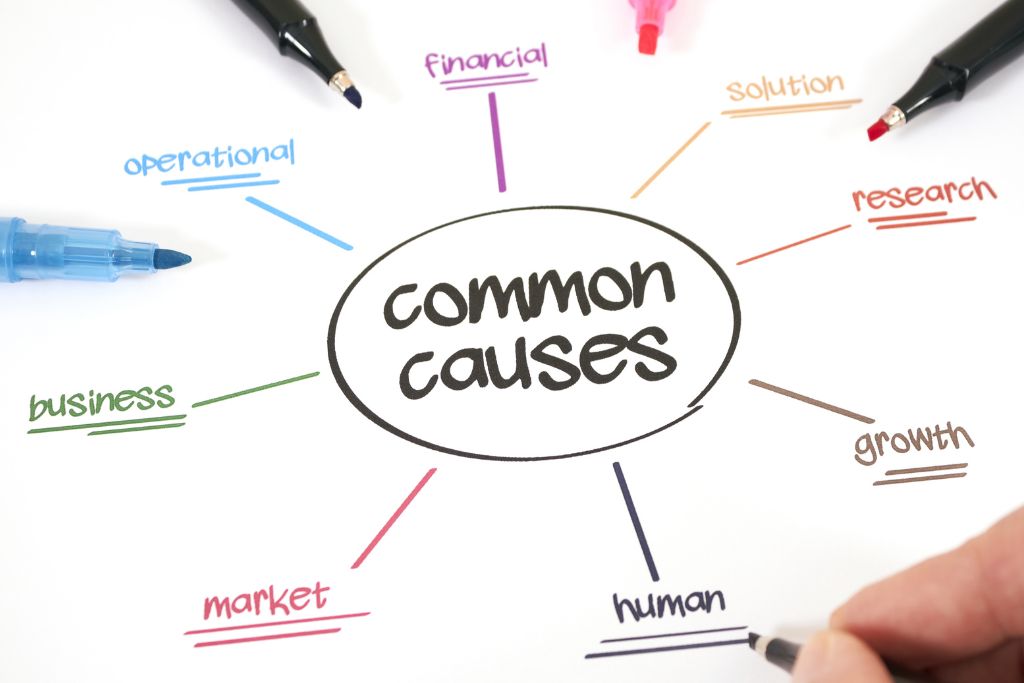There are many myths about prescription medicines that may be affecting your health. These include common misconceptions about birth control, “science-washing,” and drug prices. A pharmacist is a professional who helps customers find the best products and solutions to their health problems. They may also be involved in providing consulting services or overseeing prescriptions. Pharmacists often believe pharmacy myths that aren’t true, and they may be able to help patients disprove these claims. Some common myths include the belief that pharmacies sell over-the-counter medication without a prescription; that pharmacists can heal any medical ailment; and that pharmacies are able to prescribe medications for conditions such as cancer or heart disease. If you are a misinformed patient, you may end up harming yourself with medications.
Prescription medicines are the main driver of healthcare cost increases
There is a growing concern about the rising cost of prescription drugs. These drugs treat conditions such as diabetes, cancer, and arthritis. They are important to health care as they extend life and reduce the need for medical services.
While these drugs provide many benefits, their high prices put them out of reach for many. This is especially true for those who have chronic conditions. People with chronic illnesses often fill multiple prescriptions each month.

The increase in the use of prescription drugs has been driven by the continued development of new treatments. Also, advances in the availability of generic drugs have contributed to overall spending. Generics tend to be more affordable than their brand-name counterparts. However, there is controversy over the price-fixing practices of some generic drug manufacturers.
Pharmaceutical companies exaggerate the costs of developing new medicines to justify high prices
Pharmaceutical companies have a monopoly on brand-name drugs. This gives them the power to set whatever price the market will bear. The industry has long argued that high prices are necessary for innovation. But many critics point to the fat profit margins of the sector and argue that limiting pharmaceutical companies’ profits would not do much to boost the health of American patients.
In October 2016, the Tufts Center for the Study of Drug Development published a report that outlined the costs associated with developing new medicines. Although the authors claimed that the data was derived from research spending on 106 drugs produced by ten of the top 50 multinational pharmaceutical companies, their analyses cannot be verified.

For example, according to the study, the cost of developing one new medicine is around $2.6 billion. However, according to an analysis by GlobalData, the top 25 pharmaceutical companies reported an average operating margin of 22 percent.
Common misconceptions about birth control
There are several myths about birth control that can deter people from using the appropriate method. If the myths are not dispelled, people may use the wrong contraceptive methods, which can have serious health consequences.
While there are various options for birth control, including condoms, birth control pills, and spermicides, some myths about these methods continue to persist. These misconceptions can lead women to choose less effective methods, or even discontinue the use of contraceptives altogether.
A study carried out in Kenya investigated common misconceptions about birth control. It looked at what people thought about birth control and talked about how myths affect how people use modern birth control. The researchers also evaluated the narratives of male and female participants.

Although there are a wide variety of methods available for birth control, the most common are injections, condoms, and withdrawal methods. Pills, patches, and IUDs are considered more effective. However, all of these methods still contain risks and can spread STIs, which can be dangerous during sex.
Final Words
It is common for people to believe that pharmacies are trustworthy and provide high-quality medications. However, there are a few myths about pharmacies that you should be aware of. For instance, many people believe that pharmacists always have the latest and greatest medicines on hand, which is not always true.

In fact, some pharmacies may only carry older or less popular medicines. Additionally, people often think that pharmacists know more about their patients than other staff members. Most pharmacists, on the other hand, don’t have any special skills or knowledge besides helping their patients find the best medicines for them.

Leave a Reply